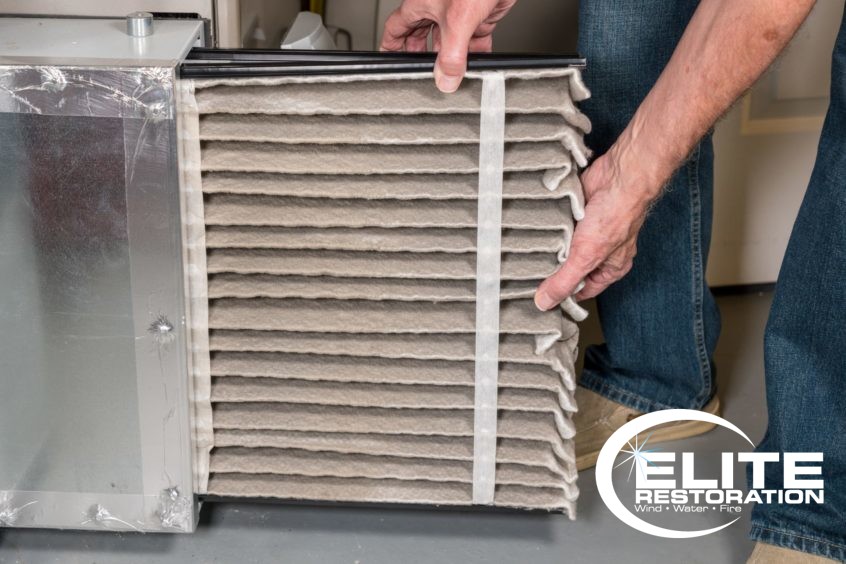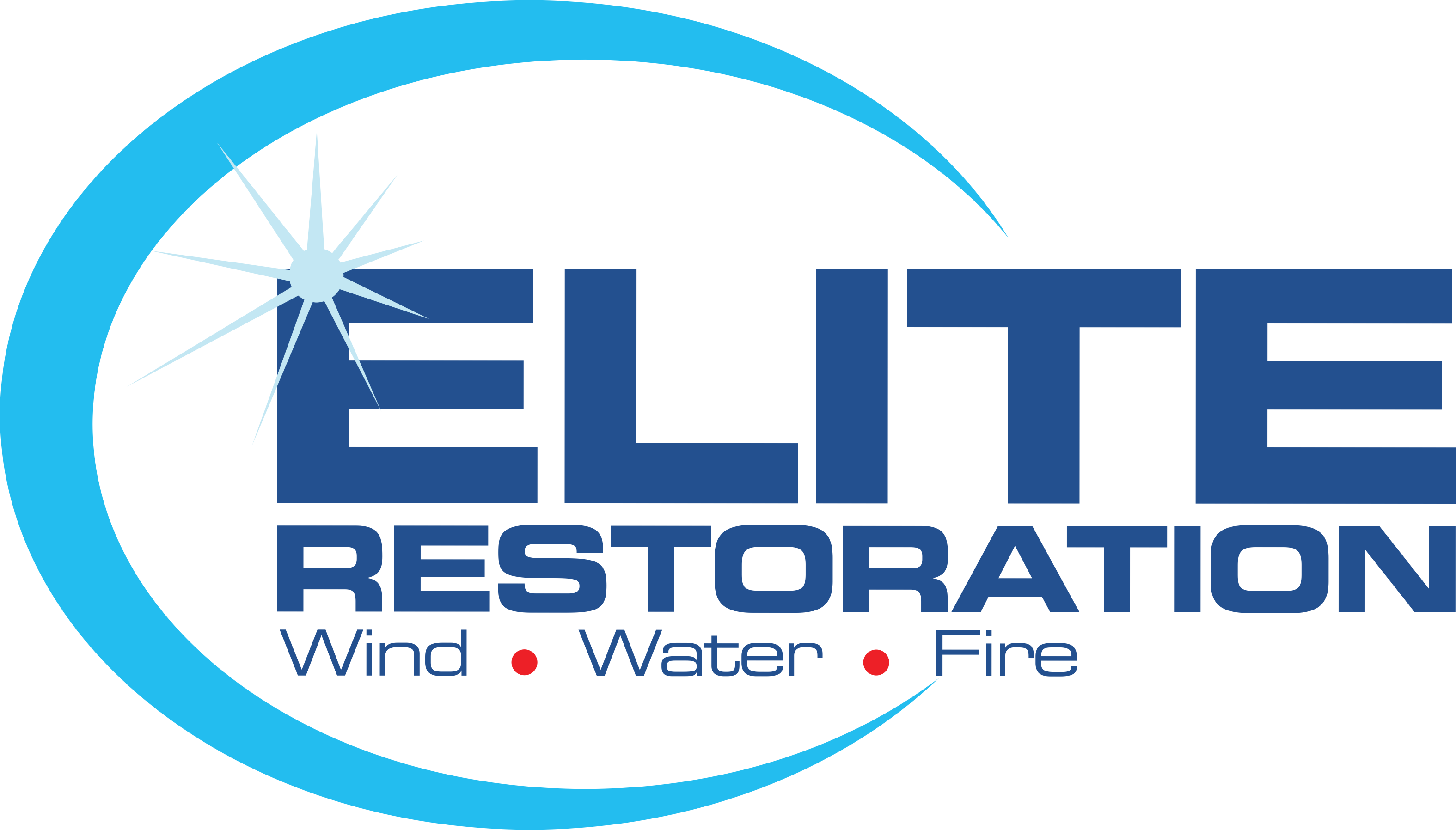10 Things to Check Around the House Before You Go on Vacation

Vacation season is here! And whether you are leaving town to relax and unwind or for business, nobody wants to come home to massive plumbing or utility problem. The issue could be as minor as a leaky faucet that drives up the water bill or as major as a burst water pipe that floods your home.
Taking a few preventative steps to prepare your home before leaving for vacation can save you a lot of potential headaches and money, and can help avoid nasty plumbing or utility surprises, which have the potential to ruin a lot more than your homecoming.
1. Turn your water off
Turning the water off at the main supply valve for the house is the best insurance you can get against something bad happening while you’re away. Many elements of the plumbing and utilities run through the walls and floors and are mostly hidden from sight.
If a pipe or part of a utility leaks or bursts while you’re gone and the main valve is open, water will continue to spew. Turning the main valve off could help prevent that or any kind of water theft, as well as conserve water.
Although turning off water while on vacation is the best preventive measure, you can also turn off the water at each plumbing feature in your house. Some things need a water supply over the long term, like sprinklers or a pool pump. If you need to leave the main water supply on, you can turn the supply off to the washing machine, dishwasher, toilets and sinks to at least reduce the number of places water could escape.
2. Ask a friend to check-in
For extended time away, it is good to plan for a friend, neighbor or service person to keep an eye on things. They can help water plants, adjust the thermostat and run water through the pipes and flush toilets. You can leave the main valve off for safety and show them how to turn it on to use the water and back off again before they leave.
3. Bump up the temperature
Some people will turn their air conditioning unit completely off, while others will set the thermostat to a higher temperature. Some don’t want it to get too hot inside the house for plants and electronics, while others use it as a safety measure so the unit comes on at least occasionally as if people are home.
Turning up the temperature will save you money. It’s estimated that for every degree you turn up the thermostat will save you 2 percent on your bill.
4. Change Filters
Since dirt and buildup make systems work harder and more susceptible to breakdown, change the filter regularly and before leaving for vacation. Excess dirt, dust and carbon deposits can cause your system to malfunction. A clean filter is another inexpensive, good-practice measure to keep things calm and uneventful at home while you are away.
5. Turn Water Heater to Vacation Settings
Look at the base of your water heater for a dial or other mechanism that probably has a low or vacation setting. This enables it to keep operating but use much less energy than it would in normal mode. That same dial is also how to turn off the water heater if that is what you prefer.
6. Unplug to Save and Protect
Did you know appliances that are not in use but still plugged in still consume a little electricity? You can keep your bill down while away on a trip by unplugging everything that will not need electricity while you’re gone. Besides saving money and energy, it also spares you the trouble of any damage that could result from shorts, supply interruptions, or lightning strikes. An unplugged electric item cannot possibly be a fire hazard.
Leaving your house completely dark for any period of time can be a security risk. If you won’t have a person coming into your home, you can get a timer at the local hardware store that automatically turns lights on and off at the time of day you set.
7. Douse the Drains
Wherever you have a drain in the house, there is likely to be bacteria buildup inside that causes a bad odor when the sink or tub is not being used for a while. You can reduce or eliminate this problem with store-bought products that you mix with water and flush down the drain. You can also mix one half-cup of vinegar with one cup of water to flush down the drains and run through the garbage disposal.
8. Lower Spa/Hot Tub Heat
Turn the spa or hot tub heat down by 10 degrees when leaving for 10 days or more. This allows the system to maintain some heat without wasting too much energy. Whether you opt to lower the temperature or empty and cover your tub, what you save by not heating it will more than compensate for what you will pay to reheat it. Some people like leaving it empty so they use zero energy and chemicals.
9. Shut Off Sprinklers
Closing the main water valve of your home usually cuts water to the sprinklers too, but some systems have a separate shutoff valve. It is advisable to not leave sprinklers operating when you’ll be gone for more than a few days because they also can leak, sprinkle in the rain, break and cause trouble.
10. Leave Information
It’s always a good idea to leave your plumbing professional’s name and number with a neighbor or your house sitter. If anything goes wrong, they can get someone on the way immediately instead of consuming time trying to reach you or call an unfamiliar emergency number.

